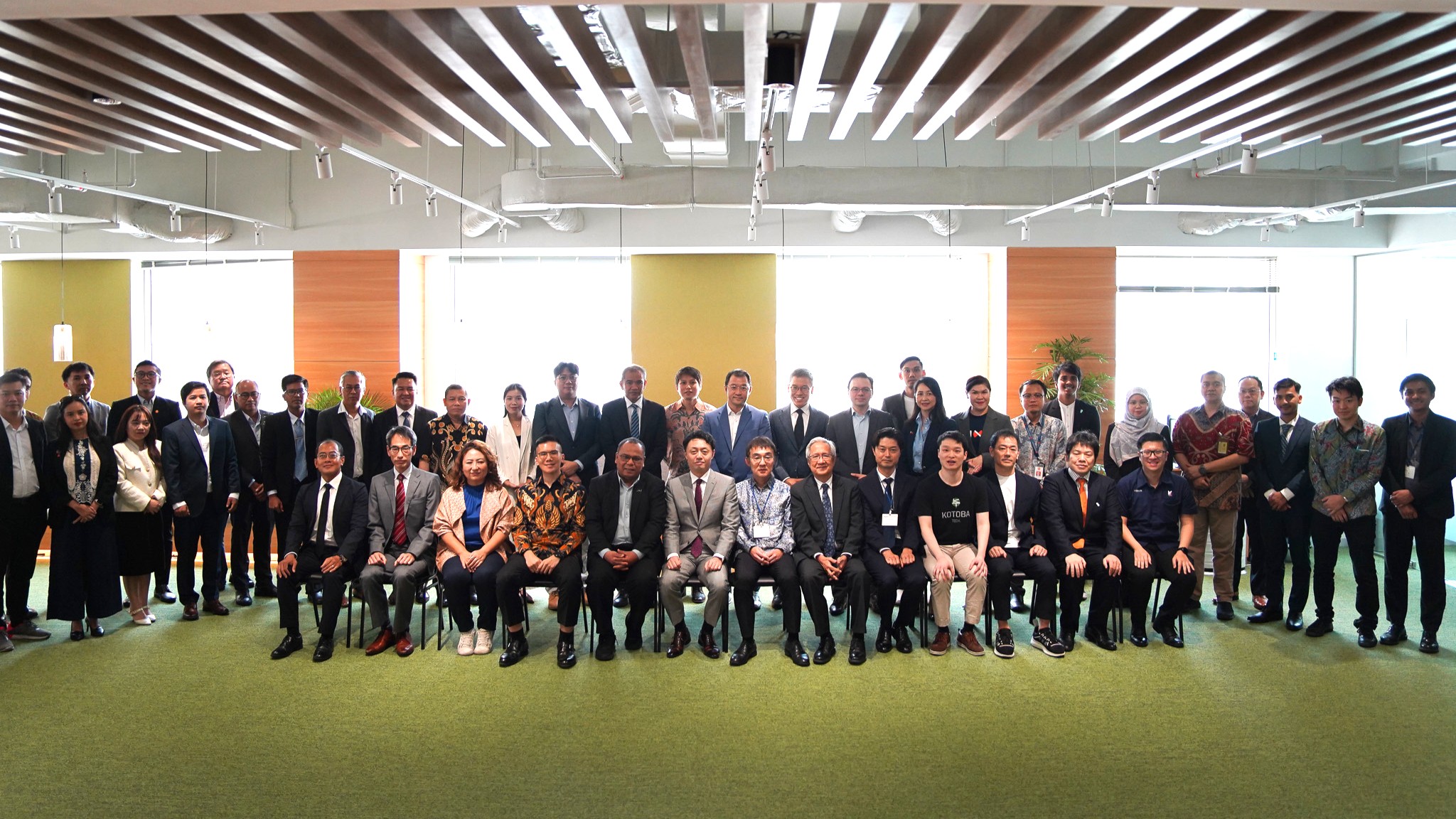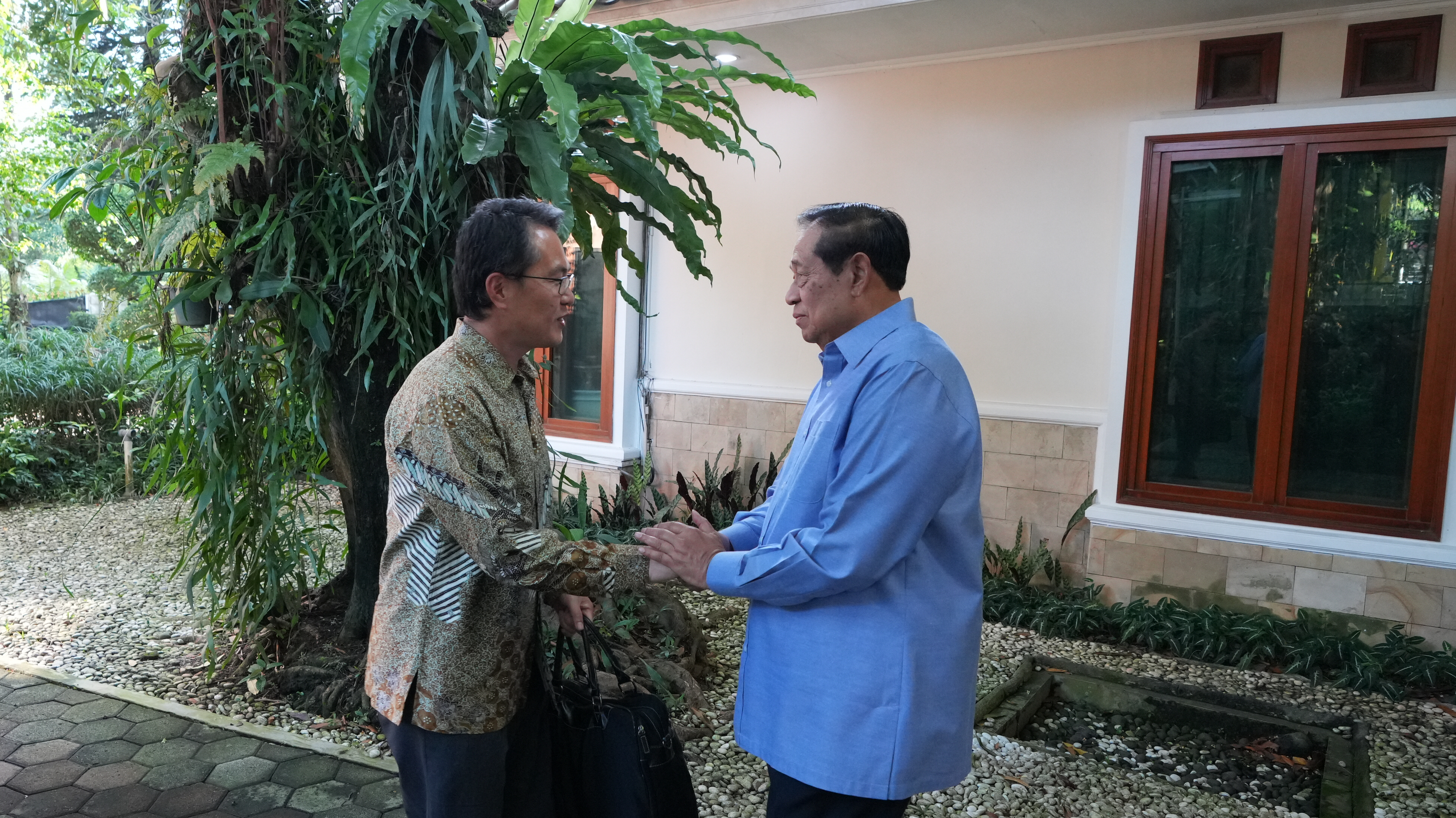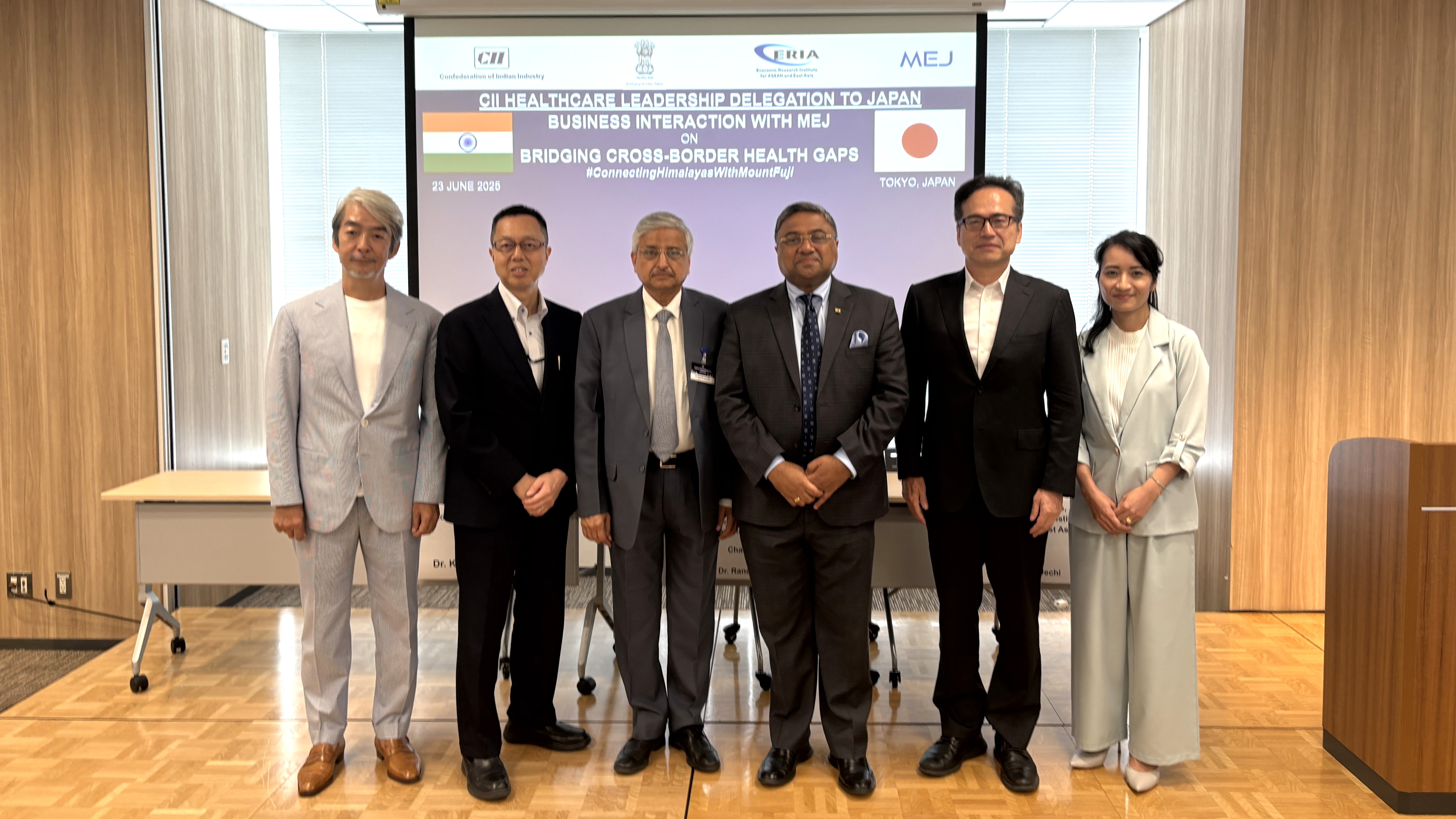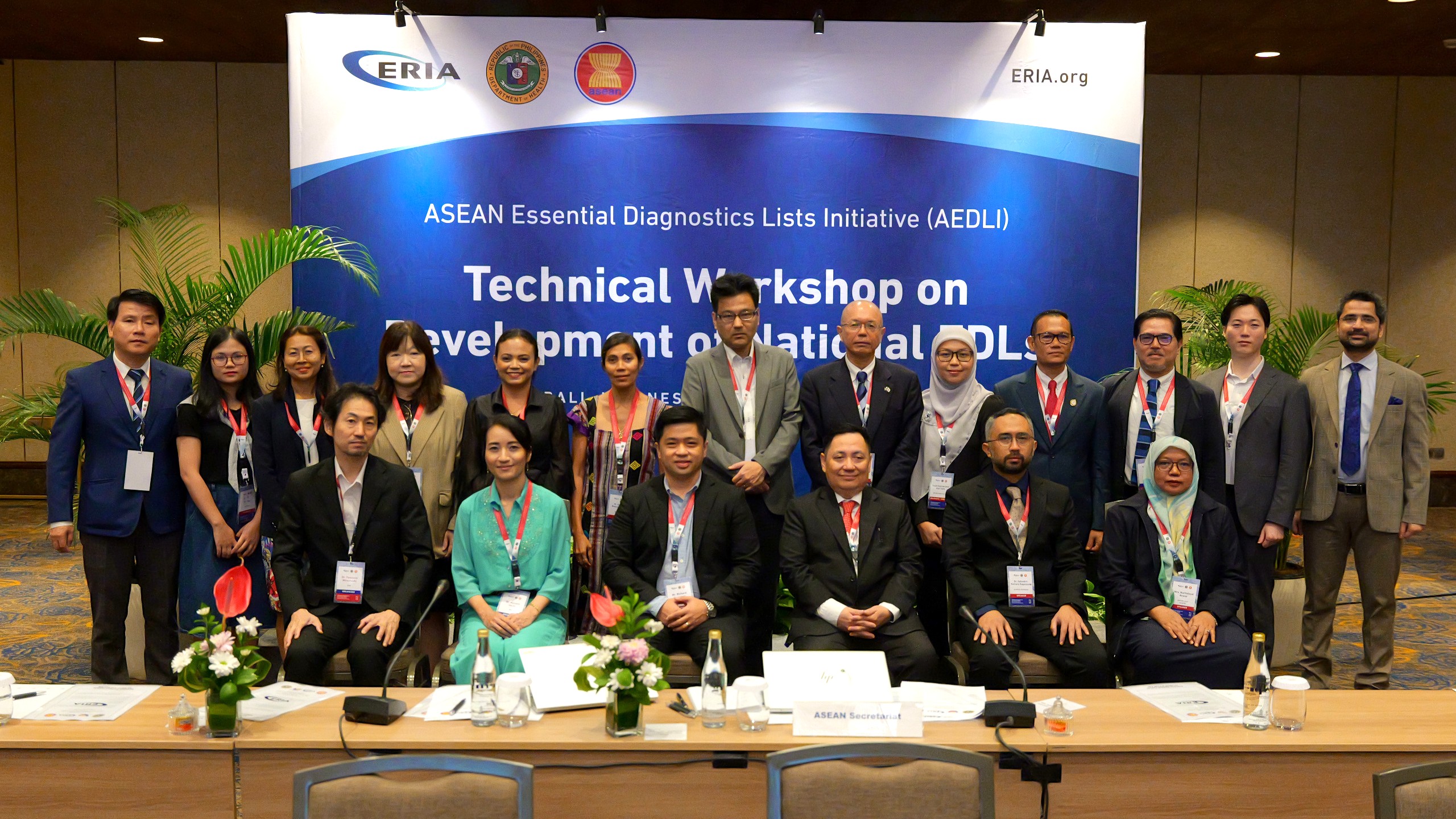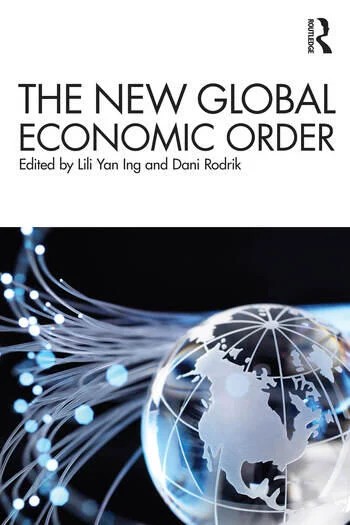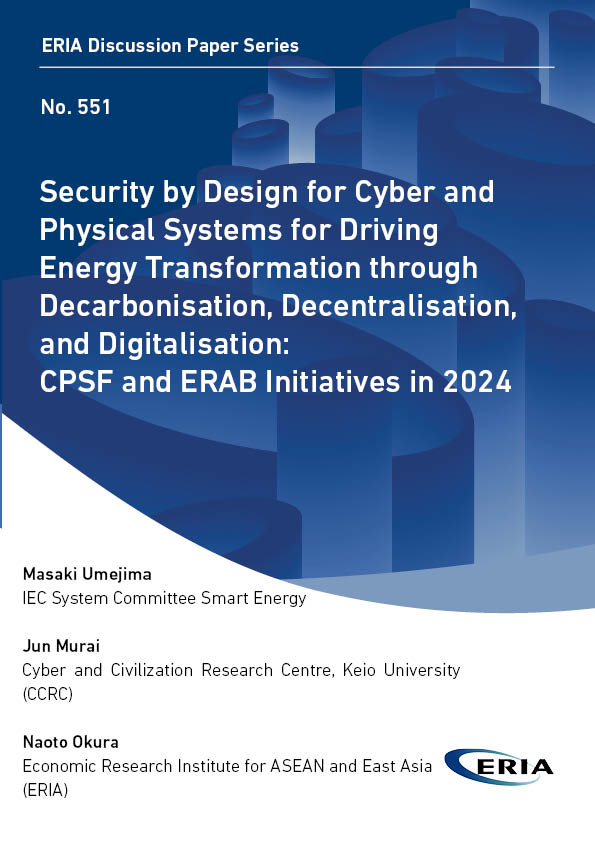Unlocking ASEAN’s AI Start-up Potential: ERIA Convenes Second Policy Roundtable in Jakarta
Date:
29 April 2025Share Article:
Print Article:
Jakarta, 29 April 2025: ERIA, through its Digital Innovation and Sustainable Economy Centre (E-DISC), held the Second ASEAN Start-up Policy Roundtable in Jakarta, which brought together government officials, industry experts, artificial intelligence (AI) start-up leaders, academics, and international organisations to discuss the opportunities and challenges of ASEAN’s AI-driven start-up ecosystem.
ASEAN is emerging as a hub for AI innovation and adoption, attracting over US$30 billion in AI infrastructure investment in the first half of 2024. Several AI-driven startups in the region, such as Indonesia’s Kata.AI, Singapore’s Suki.AI and See-Mode, and Malaysia’s Nalagenetics, are already transforming key sectors, including finance and healthcare. Consumer interest is surging as well, marked by an elevenfold increase in AI-related online searches over the past 4 years.
However, several barriers continue to hinder the region’s AI start-up growth. These include gaps in infrastructure, access to talent, regulatory uncertainty, and limited investment. Building on the insights from the first ASEAN Start-up Policy Roundtable held last year, the second round aims to generate practical recommendations and strategies for a more inclusive, resilient, and innovative start-up ecosystem in ASEAN.
In his opening remarks, ERIA President Tetsuya Watanabe highlighted the critical role of collaboration in unlocking ASEAN’s AI potential. ‘Today, we stand at the intersection of digital transformation and artificial intelligence. Only by working together can we unlock innovation that is both commercially viable and socially impactful,’ he said. He further emphasised that while AI offers unprecedented opportunities for ASEAN’s start-up ecosystem, meaningful innovation demands significant resources, responsible governance, and resilience amidst global economic uncertainties.
The roundtable featured three interactive, moderated panel discussions. Session one, Strengthening AI Infrastructure and Data Ecosystems for ASEAN Start-ups, explored strategies to ensure equitable access to data and computing resources across the region. The panel addressed the importance of affordable, high-speed internet, improved data centres, and cost-effective cloud services in supporting AI-enabled growth.
The second session, Strategies to Improve ASEAN AI Talent Development and Retention for Start-ups, investigated strategies and highlighted key initiatives to develop and retain a skilled workforce capable of leveraging AI effectively. Despite ASEAN’s advantage of a young and tech-savvy demographic, participants acknowledged that the high demand for skilled AI professionals far outpaces the available supply. Around 80% of start-up founders in ASEAN have yet to expand their workforce in response to AI and automation due to a shortage of skilled talent. Differences in education quality and AI expertise across member states further intensify competition amongst companies to attract and retain talent, making it difficult for early-stage start-ups to compete with larger firms.
The final session, Navigating the AI Regulation and Investment Landscape, highlighted the need for harmonised AI regulations and innovative funding models to reduce early-stage investment barriers. It also showcased how successful collaborations between investors and start-ups can support impact-driven innovation while ensuring responsible governance.
Complementing the discussions, ERIA also organised a Jakarta Start-up Ecosystem Site Visit the following day. Participants visited key organisations including GoTo, Traveloka, Living Lab Ventures, and the University of Indonesia, to observe first-hand how local innovators are advancing AI adoption through technological development, talent nurturing, and strategic investment.
The Roundtable reaffirmed the importance of cross-sector collaboration in unlocking AI’s transformative potential for ASEAN’s economy. Insights from the event will inform regional policymaking and support a more enabling environment for AI-driven start-ups.
